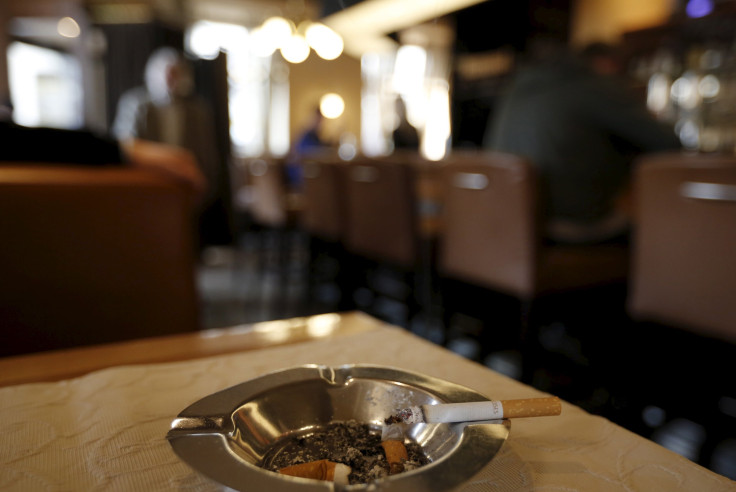Youth Who Receive Tobacco Coupons May Be More Susceptible To Smoking

(Reuters Health) - Middle and high school students exposed to tobacco coupons were more likely to find smoking “cool” and less likely to feel confident in quitting if they already smoked, according to recent U.S. survey data.
Some kids may encounter the coupons for free or discounted tobacco products passively, via direct mail campaigns aimed at their parents, but the coupons are also often sent by email and are readily available on the Internet.
“In previous studies, my collaborators and I found that exposure to cigarette coupons predicts smoking progression in youth and young adults and reduces likelihood of cessation among general adult smokers from the U.S. upper Midwest,” said the study’s author, Dr. Kelvin Choi of the National Institute on Minority Health and Health Disparities in Bethesda, Maryland.
This new national sample of middle and high school students who were included in the current analysis can be generalized to youth across the United States, Choi told Reuters Health in a statement.
Choi’s opinions do not necessarily reflect those of the National Institutes of Health, Department of Health and Human Services, or the United States Government, the statement added.
Using the National Youth Tobacco Survey 2012, Choi examined questionnaire responses from more than 24,000 middle and high school students, who reported if and where they had received coupons from a tobacco company over the past 30 days.
Almost 10 percent said they were current smokers, 16 percent were experimenters and almost 75 percent were non-smokers.
Thirteen percent of the students had received tobacco coupons over the previous month, most often digitally - by text message, Internet or social networks - and sometimes by paper mail or on tobacco packages themselves.
In the survey, kids who had been exposed to these coupons in any form were less likely to disagree with positive statements about cigarette smoking, such as that it helps young people fit in and have more friends. They were also less likely to agree with negative statements, such as that all tobacco products are dangerous.
The kids who were exposed to the coupons but had never smoked gave survey responses that suggested they were more susceptible to trying smoking, and those who were smokers gave responses suggesting they were less confident in their ability to quit.
Among those who experimented with cigarettes, kids who saw the coupons were more likely to purchase cigarettes over the next month, as reported in Tobacco Control.
“It is well-established that a wide variety of psychosocial factors are associated with smoking and are likely on the causal pathway to smoking,” said Dr. Jennifer O'Loughlin of the department of social and preventive medicine at the University of Montreal in Canada, who was not part of the new study.
“Note that one of the determinants of tobacco use is pricing,” O’Loughlin told Reuters Health by email. “Coupons directly reduce the price and may be a powerful incentive for tobacco use.”
But with a study of only one point in time, like this one, it is difficult to determine which came first, the coupons or the smoking, she said.
Without a long-term study randomizing kids to receive these coupons, it will be difficult to establish that the coupons cause kids to smoke, and therefore difficult to hold coupon distributors responsible, she said.
“In kids especially (who may be particularly vulnerable to advertising and promotion), it is vital to combat anything that contributes to the social norm that tobacco smoking is OK,” O’Loughlin said.
Since kids can download coupons from the Internet easily, they may easily do so without their parents’ knowledge, she said.
“We found that cigarette companies say on their websites that they do not target anyone under the age of 21 with direct mail materials, although their compliance with this self-regulation is unknown,” Choi said. “Interested youth could also potentially bypass the age-verification on cigarette company websites using someone else’s or inaccurate identification.”
On the Internet and in social network channels, it is much harder, if not impossible, to enforce stringent age-verification, he said. “Plus, as we found in a previous study, individuals give coupons to others if they don’t use them,” he said.
SOURCE: http://bmj.co/1KdnAP1 Tobacco Control, online April 16, 2015.
(By Kathryn Doyle)
Published by Medicaldaily.com



























